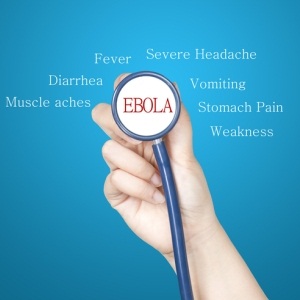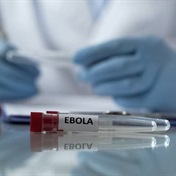
York — Professors from three leading British universities say policies favouring international debt repayment over social spending contributed to the Ebola crisis by hampering health care in the three worst-hit West African countries.
Conditions for loans from the International Monetary Fund prevented an effective response to the outbreak that has killed nearly 8 000 people, the academics allege in a report in The Lancet Global Health journal this month.
The IMF denied the charges and quoted World Bank data to support its argument that its programs contributed to "significantly improved" health outcomes in Guinea, Sierra Leone and Liberia. In addition, the multilateral finance agency provided $430m to fight Ebola in West Africa.
Read: Pressure on to develop treatment for Ebola
"The IMF aims to become part of the solution to the crisis ... Yet, could it be that the IMF had contributed to the circumstances that enabled the crisis to arise in the first place?" asks the study, whose lead author is Cambridge University sociologist Alexander Kentikelenis. Co-authors are Lawrence King of Cambridge, Martin McKee of the London School of Hygiene and Tropical Medicine and David Stuckler of Oxford University.
IMF lending requires governments to give priority to short-term economic objectives over investment in health, the authors said, citing IMF statistics that showed the terms of loans to Guinea, under an IMF austerity program for 21 years, Liberia, following one for seven years, and Sierra Leone, in one for 19 years.
Read: Ebola fighters named as Time's Person of the Year
Civil wars in Liberia and Sierra Leone in the 1990s also contributed to the long-term destruction of those countries' health systems, said the report.
IMF policies contributed to "under-funded, insufficiently staffed, and poorly prepared health systems" in the three countries — a major reason the outbreak spread so rapidly, the report said. The IMF's insistence on decentralized health care made it difficult to mobilize a coordinated response to Ebola, it said.
The IMF responded by saying that health spending had increased in the three countries, if counted as a percentage of GDP. And it is working to provide more debt relief that would free funds for increased health spending, the IMF said.
Also read:
Is it Ebola or is it flu?
Two Ebola shots may be better than one
Ebola - all you need to know




 Publications
Publications
 Partners
Partners















